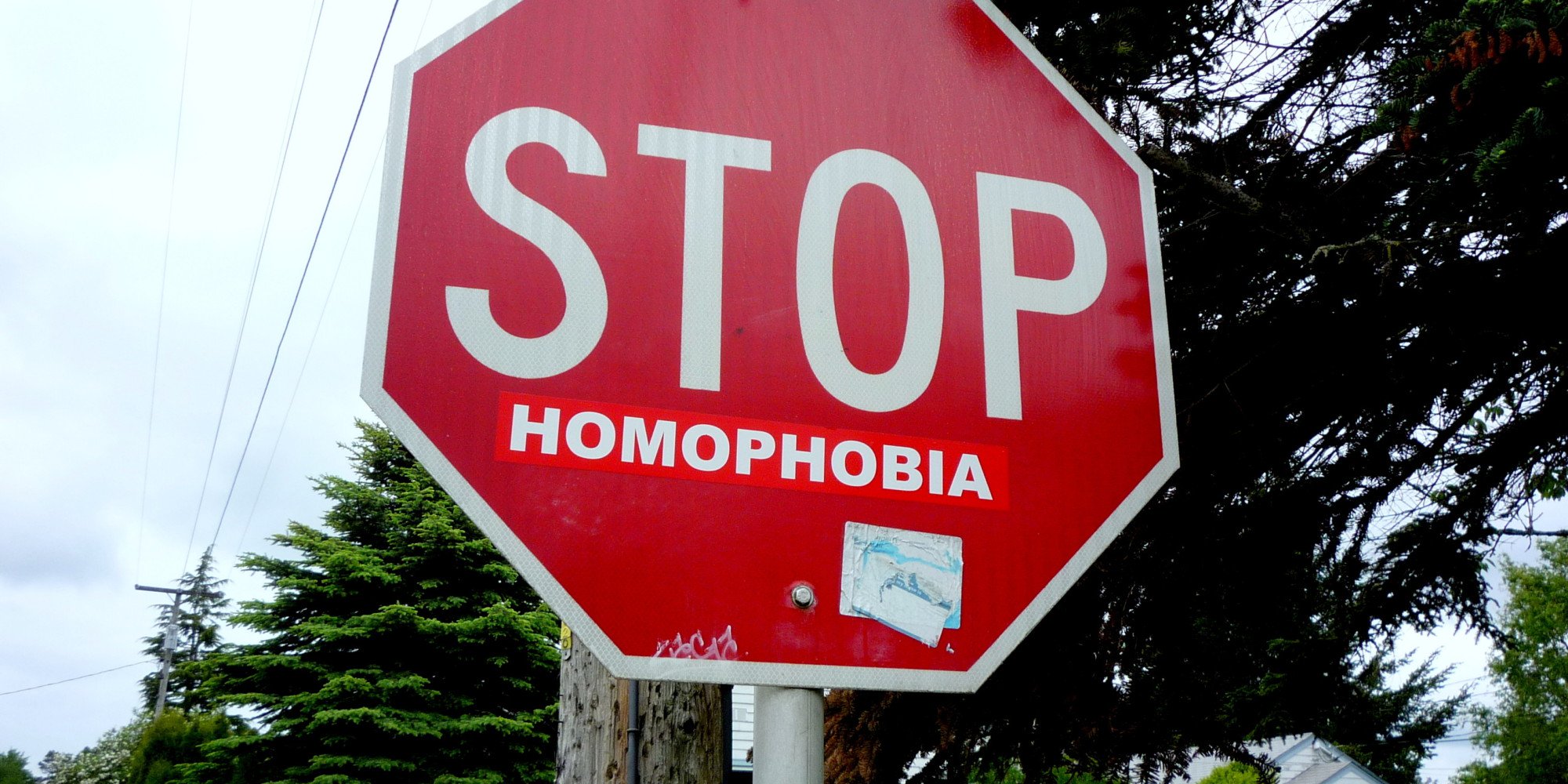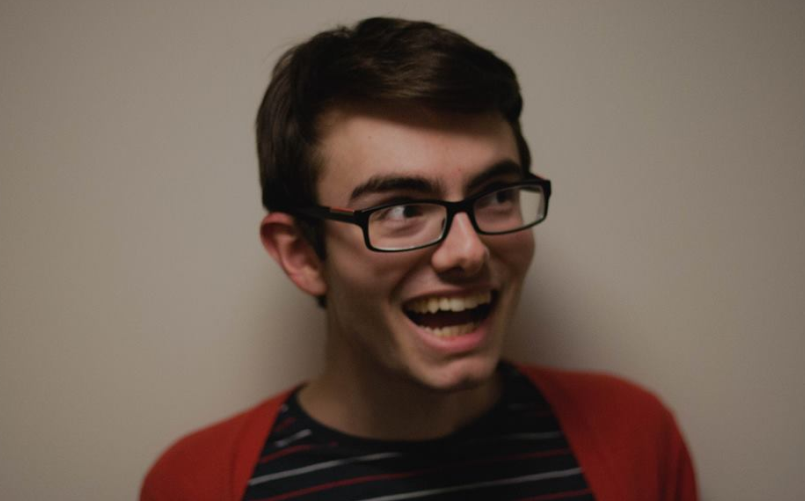‘Gay men are still living in fear – but it shouldn’t have to be this way’

Every time a homophobic hate crime is reported in the newspaper, it serves as a reminder that, even in today’s society, gay men are still living with the fear of being subjected to a form of attack.
It shouldn’t have to be this way. Changes to the law, society’s attitudes towards gay men, the recognition of same-sex partnerships, the list of improvements to our lives goes on. That said, it’s clear that not all members of society have taken note of this cultural shift.
Our first experiences of homophobia may date back to our childhood, with the memories of these early attacks on our identity forming scars in our minds. The first time that I heard the word ‘gay’, I was seven years old. I didn’t know what the word meant, yet for some reason the older boys at school were using it to describe me – and it was obvious that they didn’t mean it as a compliment. ‘Gay’ meant being different and strange, and resulted in me feeling excluded by my peer group.
This story isn’t unique to me; it is shared among many gay men. We remember the name-calling, the physical violence and the feeling of being alone in the school playground whenever we read about a fellow gay man being the victim of a homophobic attack. Hearing about homophobic incidents is inevitably going to reopen old wounds from our own experiences of homophobia. Perhaps it’s even more scary hearing about grown ups being sworn at, beaten up or glassed in the face. “Kids can be cruel,” people say, but homophobic adults can be 10 times worse.

Everybody wants to fit in, especially a kid in the school playground. Being singled out as different has the potential to make us feel ashamed of our difference – with this shame having a long-lasting effect on how we view ourselves in later life. It doesn’t matter how comfortable we now feel about our sexuality, the memories of being attacked remain. Looking over our shoulder, only holding hands in ‘safe’ places, trying to assimilate into a heteronormative society – these are just some examples of how gay men try to protect themselves from a pending attack.
I have no doubt that some of my experiences of homophobia have somehow affected the way I view elements of my own sexuality. Trying to use the word ‘gay’, a word that I’d only heard in the context of an insult, was initially challenging when I came out. Today, my relationship with the word has changed completely, which is testament to the people who’ve shown me that being gay is something to be proud of, allowing me to feel comfortable in my own skin.
Nobody should feel as though they need to restrict elements of their life, yet we still feel the need to. Not always feeling able to be ourselves results in us feeling as though we’re doing something wrong. We’re not; we’re simply doing what everyone else is doing – trying to live happy and fulfilling lives. Yes, homophobic incidents remind us that some people are threatened by our very existence, but let’s not view them as a force to prevent us from living our lives. While it may not seem like it, these incidents are fuelled by weakness. The strength that we have built up over the years, in the face of people who commit such horrific acts, is a strength that they will never have. Let’s not lose sight of that.
Hadley Stewart is a London-based writer and journalist. Follow him on Twitter @wordsbyhadley.
More stories:
Men of ‘Moonlight’ star in new Calvin Klein underwear campaign
Paul O’Grady recalls the horror of the AIDS crisis in brand new Attitude Heroes podcast
